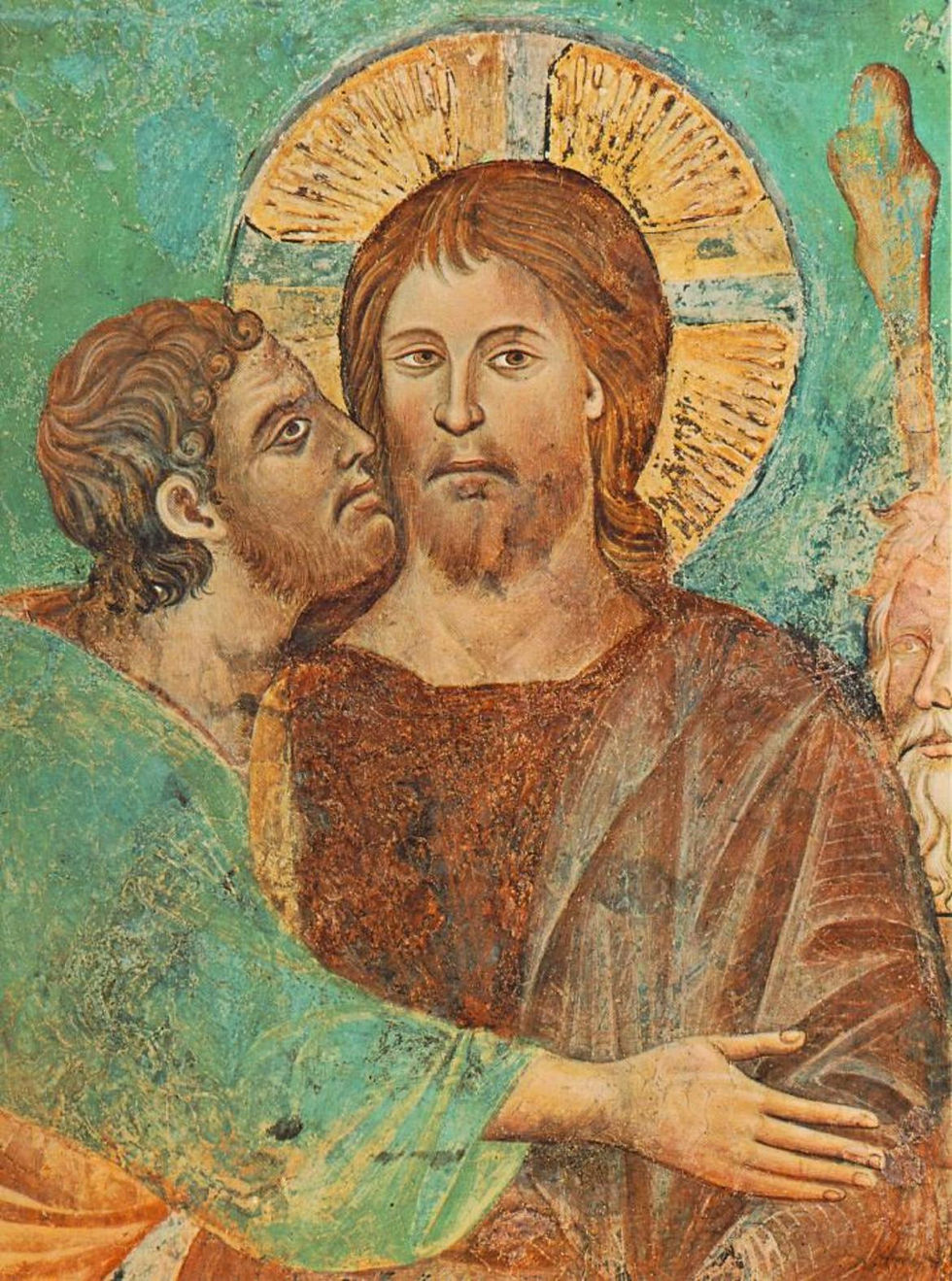A reflection
- stme
- May 2, 2020
- 3 min read
As humans we crave a sense of community. We engage with others daily sometimes without even realizing it. From our grocery shopping interactions, to studying with others, and spending time with loved ones. Religion facilitates this sense of community. It builds on our need for company. The ongoing COVID-19 pandemic limits our ability to connect with others meaningfully and engage in the communities we are a part of. The Sacred, not only fulfills our desire for belonging but, most importantly, produces hope. Hope comes about from the very nature of the Sacred which represents something bigger than ourselves. The shared despair we all feel as a result of COVID-19 exacerbates the need for the Sacred to shift our focus from all the dread that envelops us on to a better future.
Because a major component of religion is built on the community, religious organizations have moved to online platforms where there is still a virtual sense of community mediated by praying. Feelings of dread and despair worsen as religious members fall victim to COVID-19, further shattering these communities. However, although the horrid feeling of isolation and loneliness is ever present, many people in my community have found ways to stay connected and even strengthen their faith.
In my case specifically, because my entire family all live in a household, we dedicate an hour of our day to come together, pray, and eat together. Although we aren’t in the most ideal situation, we believe it is important to never lose hope or faith. Rather than look at all the activities that we can’t do or the events we can’t attend, we celebrate family, unity, and togetherness in order to get through these hard times. The beauty of this is that it starts from our faith and our belief in God. At the end of the day, the most important aspect in life is good health; and through the Sacred, we believe that God is protecting us and providing for us. The second we lose faith and trust is the second that we have ultimately failed and abandoned ourselves. For those who aren’t able to be with their families during these difficult times, there have been other avenues and means of feeling comfort by not being alone. I know that several churches around my neighborhood have been operating, and streaming mass every Saturday and Sunday during what would have been their normal schedules. Although Priests are performing mass by themselves, with no one seated in the pews, I believe it serves a great purpose in demonstrating the unwavering faith of many. I also believe that continuing mass, even with a reduced staff and no participants seated near the altar, helps in keeping a sense of normalcy and the reassurance that things will go back to the way they initially were. Instead of looking at a glass half empty, faith allows for people to remain optimistic and hopeful. In doing so, many, myself included, look at the glass half full, with the promise that the pandemic we find ourselves in today will be over sooner rather than later.
I have even been in contact with a friend who is Muslim and he told me a similar story and changes in his praying lifestyle. He told me the other day that in his daily life, faith has been the center of attention. In his family, the dedication to praying has been “kicked into overdrive”, according to my friend Muhhamad. As he says it, his family has been practicing “dua” more than ever, more-so for the people who have lost their lives during the pandemic. I say this to make the point that although I am a Christian and my friend is Muslim, we both are able to find solace in our faith. Ultimately, we are challenged as to whether we choose to fall into despair or continue with hope. The Sacred offers a powerful force that is able to transcend feelings of hopelessness and despair and replace them with hope. By worshipping another, one can decentralize and become more inclined to looking towards the end of the tunnel.
All in all, despair aids in the production of religion because religion is able to alleviate it. Although some may have negative feelings towards religion, it is perhaps the most powerful remedy to tragedy for most people; thus it should be respected as such. People struggle to see the good amidst this pandemic, the Sacred inspires to remain encouraged and optimistic.
By Melissa Casimiro and Ayrthon Perez



Comments